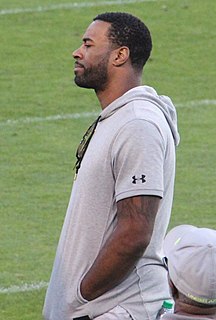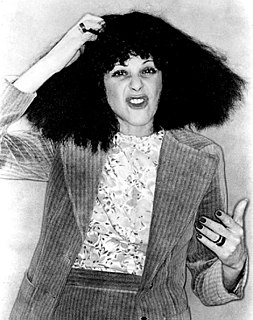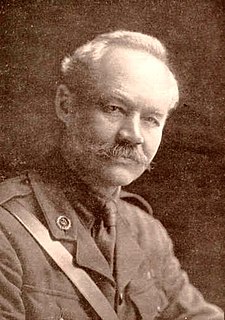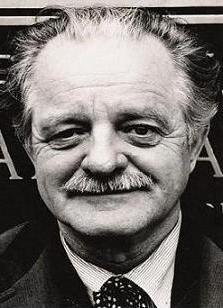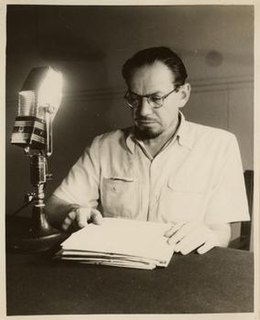A Quote by C. S. Lewis
Who can endure a doctrine which would allow only dentists to say whether our teeth were aching, only cobblers to say whether our shoes hurt us, and only governments to tell us whether we were being well governed?
Related Quotes
Contemporary philosophers are facing problems that were unthinkable only one century ago, such as whether space and time are mutually Independent, whether there is objective chance or only uncertainty, whether physics can explain chemical change, whether our behavior is fully determined by our genomes, whether ideation can change the brain, or whether either the economy or ideas are the ultimate roots of the social.
There are among us those that would criticize our Confederate ancestors. Would you allow a stranger to come into your house and criticize your little ones? I say it's not whether we should be ashamed of our fathers and mothers of the Old Confederacy. I say it's a question of whether they should be ashamed of us.
I remember the moment in which we were taken hostage in Libya, and we were asked to lie face down on the ground, and they started putting our arms behind our backs and started tying us up. And we were each begging for our lives because they were deciding whether to execute us, and they had guns to our heads.
For too many of us, it's become safer to retreat into our own bubbles, whether in our neighborhoods or on college campuses, or places of worship or especially our social media feeds, surrounded by people who look like us and share the same political outlook and never challenge our assumptions. And increasingly, we become so secure in our bubbles that we start accepting only information, whether it's true or not, that fits our opinions, instead of basing our opinions on the evidence that is out there.
No one can write their real religious life with pen or pencil. It is written only in actions, and its seal is our character, not our orthodoxy. Whether we, our neighbor, or God is the judge, absolutely the only value of our religious life to ourselves or to anyone is what it fits us for and enables us to do.
I believe that every single human being is entitled to the protection of our laws, whether they can vote or not. Whether they can speak or not. Whether they can hire a lawyer or not. Whether they have a birth certificate or not. And I think future generations will look back at this history of our country and call us barbarians for murdering millions of babies who we never gave them a chance to live.
The moral issues with which Marcus struggles would be, as he points out, unchanged whether the universe were mechanical and devoid of meaning or value or ruled by deity or Providence; whether the will were in fact free or determined; whether there were or were not a future life, or any even fugitive rewards and punishments at all.
Man can only be certain about the present moment. But is that quite true either? Can he really know the present? Is he in a position to make any judgment about it? Certainly not. For how can a person with no knowledge of the future understand the meaning of the present? If we do not know what future the present is leading us toward, how can we say whether this present is good or bad, whether it deserves our concurrence, or our suspicion, or our hatred?
It is not enough to say, 'We are Muslims and have an ideology or our own': we must also be in a position to show that our ideology is vital enough to withstand the pressure of the changing times, and to decided in what way the fact of our being Muslims will affect the course of our lives: in other words, we must find out whether Islam can offer us precise directives for the formation of our society, and whether its inspiration is strong enough in us to translate these directives into practice.
Our physical senses and our embodied brains allow us to perceive only a small fraction of reality. We cannot see microbes or untraviolet light, for example. We can hear only a small range of sounds. When we try to describe the otherworld of energies and spirits, we are limited not only by our bodily constraints but by the expectations, assumptions, and language patterns ingrained in us by the culture we were raised in.


